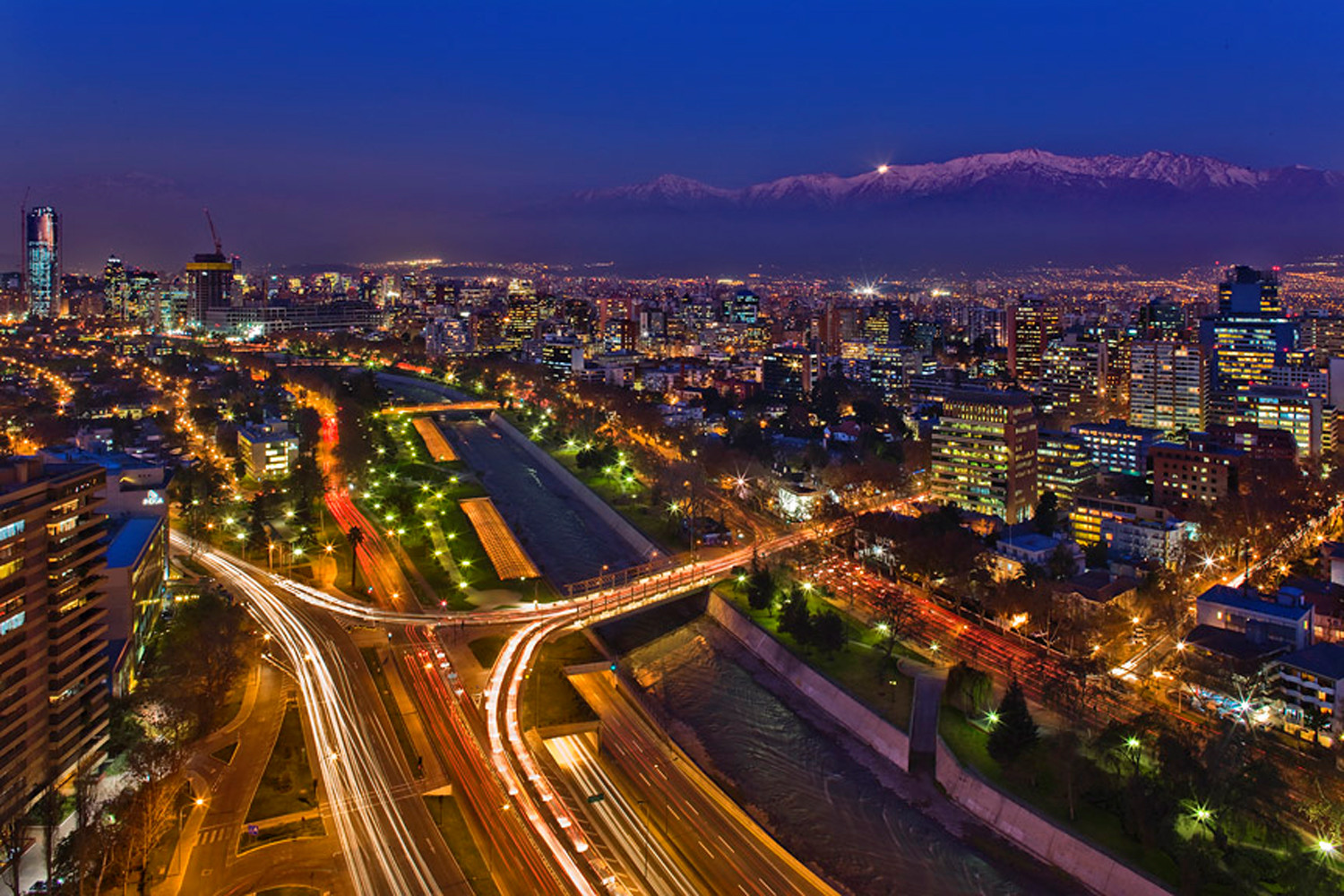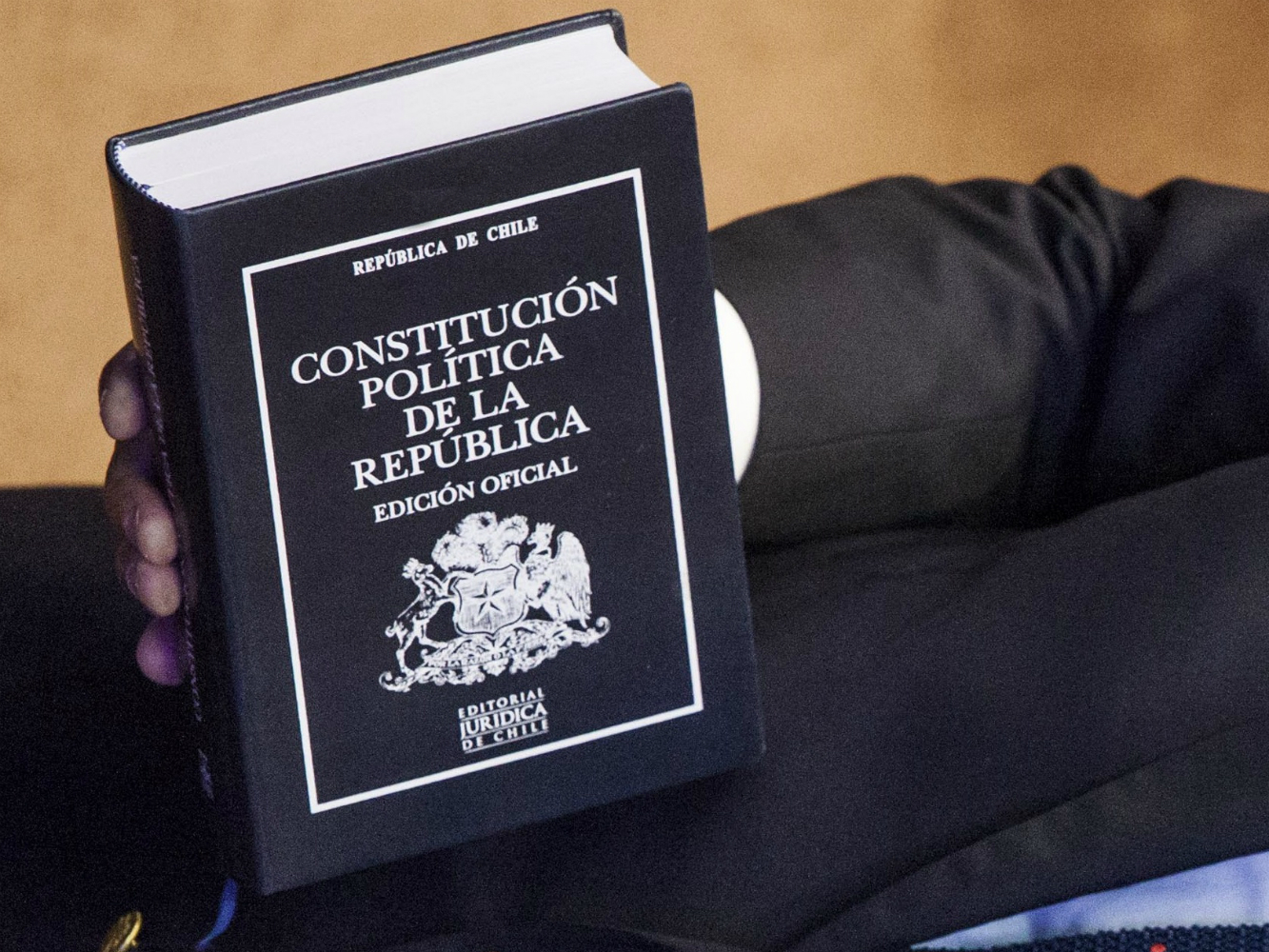No one can deny that after the events of October the constitutional protection of the Chilean economic model is seriously injured.
On October 18th, 2019, one of the strongest and most violent social outbreaks in its republican history took place in Chile. The demand for this movement was clear in its proposal -the improvement of the economic conditions of Chileans- but strongly undetermined in its solution.
The diagnosis, however, is shared. The wonderful macroeconomic results that placed Chile in a privileged position in Latin America have not, over time, relieved the weight of the cost of living of the poorest. While those with greater resources have been able to have a quality lifestyle and services close to any European country, the most dispossessed, on the contrary, fail to meet basic daily needs.
To the deep urban segregation that affects the country must be added the sustained segregation in the most important public services, such as health or education.
In educational matters -perhaps one of the most advanced sectors in the last decade- while the average educational achievement places Chile in a prominent position, that place of privilege falls when studies are made comparing the gap between the top 20% and lower income, showing a frequent mark in the Chilean reality: good average, but bad internal distribution.
The social outbreak has been the answer to all these results. From the hand of the most intense package of neoliberal reforms implemented in some country, the profound inequality that they have generated over time, has simply become intolerable.
The social movement, meanwhile, and quite similar to other European outbursts, is not articulated, denies political mediation quite intensely and does not react as expected to the measures announced. The Chilean panorama is, then, paradoxical: politicians who claim a certain primacy in the concretion of citizen demands, citizens who simply protest and a government that wants to resume normality knowing that things will never be as before.
With the passing of time, however, there was a way of giving a certain intellectual unity to citizen demands. To the questioning of the neoliberal economic model of the most extreme sectors, the rejection of all the political and legal forms that have given it protection was added. Among them, the one that gave it its most efficient and effective coverage during all this time: the 1980 Constitution.
Unfortunately, some sectors have used discontent to try to convince that the change of Constitution will be the automatic solution to all current problems.
This Constitution, created in the middle of the Military Government of Augusto Pinochet, entrusted to a group of lawyers related to the regime and approved by a plebiscite, has ruled the country for more than 30 years. That fundamental carta has been modified in countless opportunities, always with the permission of the political parties that have supported the ordoliberal agenda. They have been, therefore, reforms that have allowed us to live together, but not make structural changes in the successful economic model. When any of those changes were approved, even with the votes of the right, the Constitutional Court -one of the institutions questioned by some sectors of the left- managed to avoid it, ironically protecting the model.
The news of the opening to change the Constitution, and not only to modify it, agreed transversely by all the relevant political sectors of the country, has been received with high doses of joy, but also with some skepticism. Joy, thinking that finally a document will be written considering the needs of the people.
The negative point of this modification is that it would take at least a couple of years in its complete writing, unlike some sectors that propose to modify the existing carta to implement the necessary changes as soon as possible.
The Chilean social outbreak, on the other hand, has shown that the intensity of demand can only be satisfied with structural changes. The improvement of the current pension system -one of the clearest demands of the citizenry- must consider how it is possible to improve the current model of individual savings and move towards one that sees the old-age pension as a social right, for which it is intended to create a mixed system (individual capitalization and distribution).
The fate of the Chilean constitutional change process is still a half-told story.
In these convulsed days, one might think that neoliberalism -at least in the form disseminated by the so-called "Chicago School"- was born and could be improved in Chile.






No comments:
Post a Comment